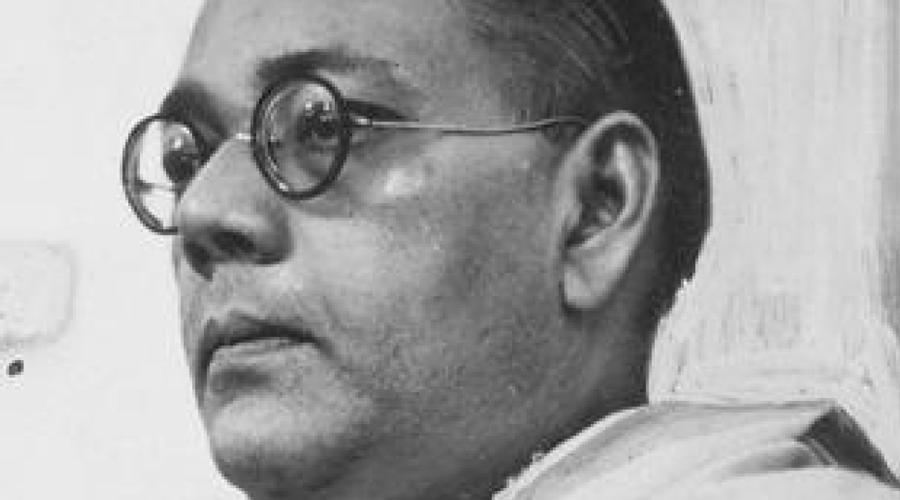The redoubtable writer Nirad C. Chaudhuri was born on this day. His long life was marked by brilliance, erudition, eccentricity and controversy.
He studied at Scottish Church College in the city and had worked as secretary to Sarat Chandra Bose, Netaji Subhas Chandra Bose’s elder brother.
In the early 1940s, he shifted to New Delhi to work as a broadcaster and political commentator for All India Radio (AIR).
In 1951 he published his first book, The Autobiography of an Unknown Indian, his best known work. It created a stir with its dedication to “the memory of the British Empire in India” that went on to make a few observations. Chaudhuri was branded as a British loyalist and soon lost his position in AIR, though he always insisted that the dedication was an ironic comment on the British and the complexity of his position was not fully understood by his critics. He always considered himself a proud Indian.
In the 1970s, Chaudhuri, in his 70s, settled in Oxford, England. Contemporary England was as unsettling for him as contemporary India. This feeling was reflected in the final volume of his autobiography, Thy Hand, Great Anarch (1987), where he mourned the passing away of the greatness of the English people.
He wrote several other books, in English and in Bengali, including Three Horsemen of the New Apocalypse, his last book, written in his hundredth year. He received an honorary doctorate from the University of Oxford in 1990 and an honorary CBE (Commander of the Order of the British Empire) in 1992. He passed away in 1999, at 102.
